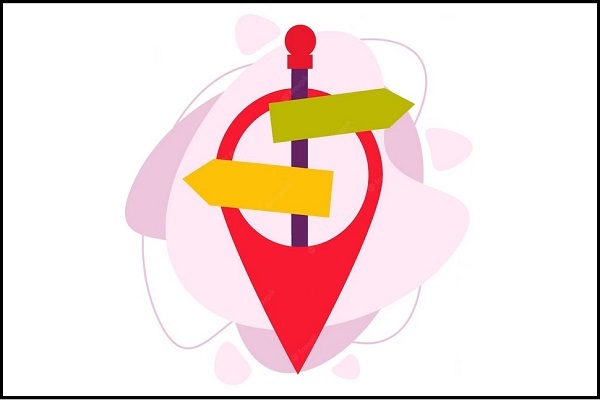Third Path to Religiosity in Modern World

One group rejected everything modern and wished to return to the past. The other group embraced the modern way of thinking and abandoned their traditions. But Ayatollah Morteza Motahari discovered a third path and presented it to his followers.
Muslims faced many questions when they learned about the modern world and its ideas. How could they be faithful Muslims and how could Islam survive and flourish in today's world?
Two opposite movements emerged in reaction to the modern influence on the Islamic world. They are still active and influential today. One movement was negative and perhaps Salafism was an example of it.
Salafism refuses anything new or different. It wants to adhere to the old customs and beliefs. It attempts to stop any new or modern ideas and criticizes them severely.
The other movement was secular and intellectual. Some religious intellectuals were part of it too. This movement fully accepted the modern way of thinking and even tried to make it appear like another form of religion. It tried to find a link between modern ideas and divine religions.
Motahari was a thinker who disagreed with both movements. He used reason and logic to criticize them. He warned about the dangers of modern Ash'ariism and modern Akhbarism, reminding of how they harmed Muslims in the past and in the present.
He also opposed the new intellectualism and showed how it could damage our intellectual heritage. He tried to find a third way between these two extremes.
The third way was not to reject or accept modern ideas completely, but to look for the good and reliable parts of them. Motahari tried to show that humans have this kind of reason in them. He also tried to show that we had this kind of reason in our Islamic tradition, but we hadn't developed it enough.
He also paid attention to nature (Fitrat) as a source of knowledge that was new and rare among our contemporary thinkers. He said that nature was an independent way of knowing things and that it was the foundation of religiosity. He also relied on the sources of revelation, like the Quran and the hadiths, as important sources of knowledge. He also talked about moral conscience and said that it was the source of eternal human morality.
So he didn't fight with modern ideas, but he tried to find the true ones from the false ones among them. He also showed that reason alone couldn't run human life.
This article was part of an IQNA’s interview with seminary scholar Hojat-ol-Islam Mohammad Taghi Sobhani.


